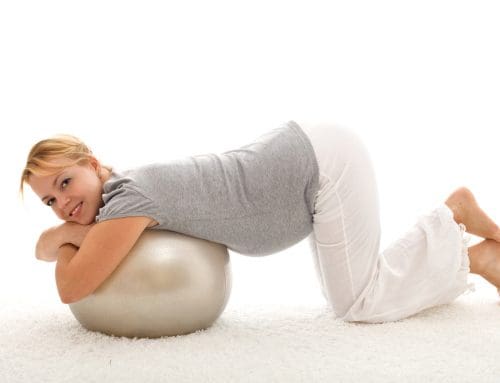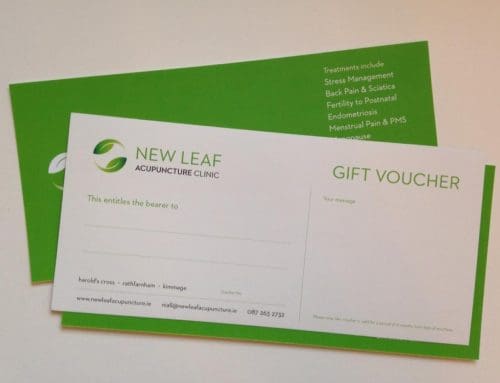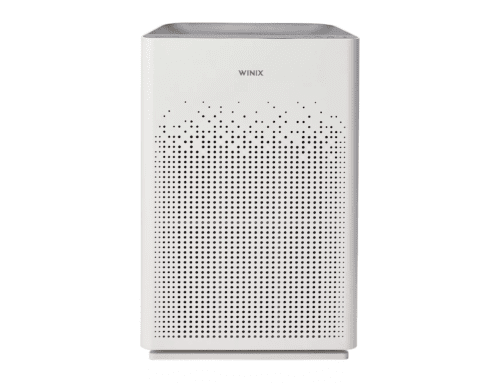 Tips for a Happy, Heathy Menopause
Tips for a Happy, Heathy Menopause
The menopause gets rather a rough press in our society as we don’t usually value age and experience the way they do in Eastern cultures.
There are many things you can do for your health to ensure that the menopause is embraced rather than dreaded. Why not try a few of the health tips below to help you through the menopause and into the next phase of your life.
Food and drink
- Drink at least 1.5 litres of still plain water daily
- Cut out coffee and take a maximum of 2 cups of tea daily
- Eat regularly as skipping meals hinders maintaining a healthy weight
- Reduce refined carbohydrates – white sugar, white bread, white pasta, white rice
- Eat more phyto-oestrogenic foods such as broccoli, oats & soya
- Eat more non-dairy, calcium foods such as brown rice, salmon and pumpkin seeds
Exercise
- Walk for 20 minutes every second evening – 10 minutes outbound and 10 minutes home. This helps trigger the production of happy chemicals called endorphins in your body
- Get a mini trampoline. You can use it in front of the television so that you don’t get bored
- Get some mini weights and use them gently whilst watching the ‘soaps’
Sleep
- Being able to sleep well is easier if your digestion is working properly, so observe the suggestions for eating and drinking above.
- Spend some time relaxing before you go to bed so that your mind stops buzzing
- Write down things that are on your mind or need to do the next day before you go to bed so that you do not have everything revolving round in your mind as you try to go to sleep
- Avoid as much caffeine as possible, not just in the evening but during the day as well. Use calming herb teas such as lemon balm and chamomile to help relax your mind.
Stress
- Take time out for yourself
- Eat regularly, as skipping meals or eating on the run creates more stress
- Avoid caffeine
- Practice breathing techniques, or take up yoga or another gentle, meditative exercise that promotes deep relaxation
Low Mood/Tearfulness
- Exercise is very good for both body and mind as it releases natural chemicals in the body that make us feel happy.
- Write it down – it is best not to bottle your feelings up. Talk to those around you but if you find this difficult, even writing your problems down in a journal can help release your feelings. Better out than in as they say.
- While drinking in moderation is acceptable, it is best to try and avoid alcohol. Water is the best drink to hydrate the brain!
- Change things in your surroundings. The brain can easily form repetitive patterns making it hard to change your emotions, so try doing something new when you feel low and you might surprise yourself and others. They do call it the change after all.
Acupressure at home
You can reduce your menopause symptoms and menopause anxiety effectively by using acupressure. Acupressure therapy offers faster and more lasting results to manage early, premature or post menopause symptoms. The best side of this alternative therapy is that there are no side effects. At New Leaf Acupuncture, Dublin, as well as offering the option of acupuncture treatment for the symptoms of menopause, we teach these easy and gentle techniques for you to use anywhere.
Acupressure therapy has been proven to relieve many of the symptoms of menopause including:
Hot Flashes and Headaches
Using your index and middle fingers together, press the space right between your eyebrows. At the same time, use the same two fingers from your other hand to press the small indentation right on the top of your head. Dr. Susan Lark, who specializes in preventive and natural medicine, recommends this face pressure point to help relieve hot flashes. The same point will also help relieve headaches, she says.
Reproductive Organs
According to gynecologist Dr. Kala Ashok Shah on her website Menopause Health Club, women undergoing menopause can use acupressure to stimulate the reproductive organs. This will improve the overall health of your reproductive organs and ease the transition into menopause. Place your palm against your leg, above your inner anklebone. The acupressure point is located right above your palm, on a direct line to the anklebone. The second point is one palm-width down from your kneecap, on both legs. Once you find the points, press and hold for at least 10 seconds. Release and repeat a few times.
Sleep Problems and Irritability
Although many sleep problems in menopause are related to night sweats, some might be connected to other issues, such as anxiety, aches or general discomfort. To help with this, you can use the acupressure point that helps regulate sleep. This point is located right under the bottom of your nail on the big toe. Find the center of your nail and then move slightly toward the side closest to your other toes.
Mood Swings
Mood swings during menopause can affect your quality of life and disrupt those around you. Crying spells or sadness that comes for no apparent reason are common occurrences. If you’re having difficulty functioning day to day, talk to a doctor, as you could be suffering from clinical depression. The acupressure point for depression is very close to the one for your reproductive organs. Once you have found the point below your kneecap, move your fingers slightly toward the outside of your leg. The point is right between the your leg muscle and shinbone.
Nausea
Find this point on yourself by turning the palm of one hand to face you. Locate the crease on your wrist that sits closest to your palm. Measure three finger-widths down from the crease. Press firmly in between the two wrist bones to feel the tender spot of the Inner Gate, according to Acupressure Online. You can also use the eraser end of a pencil to manipulate the point. To relieve nausea, press and hold the point for three minutes or more on each wrist, beginning with the side that feels less sore.
Acupuncture for the Menopause
From 1997 to 1999, in one of the first studies in the US to explore the effectiveness of acupuncture in alleviating hot flashes, insomnia and nervousness, it was found that during the course of acupuncture treatments, hot flashes decreased by 35% and insomnia decreased by 50%. A follow-up study revealed hot flashes significantly decreased in those receiving acupuncture, compared to those receiving routine care.
A 2002 pilot study in England found that acupuncture reduced the frequency and severity of hot flashes in women being treated with tamoxifen for breast cancer.
At New Leaf Acupuncture, Dublin, we want you to have the happiest, healthiest menopause possible.
Posted by Niall O’Leary
Click here for more information on Prices.
Or call Niall on 087 2632732 for an appointment or free consultation.





